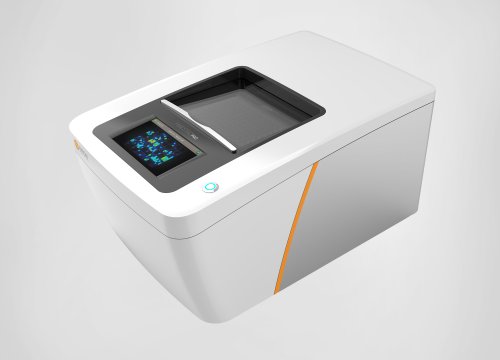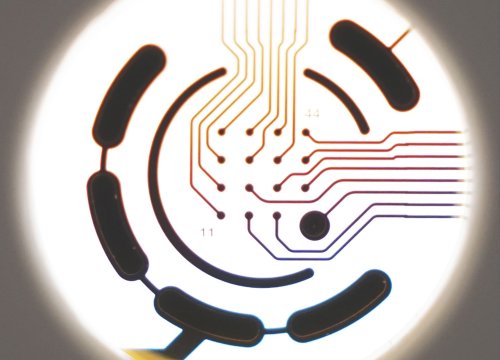Chinyere IR, Bradley P, Uhlorn J, Eason J, Mohran S, Repetti GG, Daugherty S, Koevary JW, Goldman S, and Lancaster JJ.
Stem Cells International, 2021
Scientists demonstrate viability of cell-based therapies in post-myocardial infarction heart failure using bioelectronic in vitro assays
Stem cell therapy to repair and regenerate damaged heart tissue following myocardial infarction holds great promise, but the durability of effect, immune response, and in vitro properties of tissue-engineered cardiac grafts designed to improve a hosts’ cardiac electrical and mechanical functions are not well understood. In this study, scientists use human induced pluripotent stem cells (hiPSC-CMs) and human dermal fibroblasts to investigate graft therapeutic efficacy in an immune-competent chronic heart failure (CHF) model.
Using Axion’s Maestro multielectrode array (MEA) platform and other methods, the researchers found that epicardially placed tissue graft therapy improved both systolic and diastolic cardiac function compared to controls in vitro. Overall, the results suggest the viability of using non-integrating cell-based therapy delivered by a bioengineered tissue graft for post-myocardial infarction heart failure.


